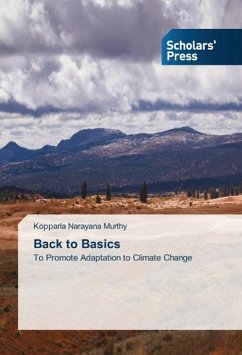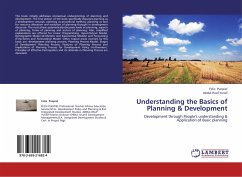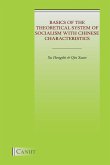This book uncovers the experienced variation in the annual rainfall pattern as a consequence of global climate change in one of the less endowed districts in Karnataka state in India and explains how it is affecting the livelihoods of rural households. It presents a model that has been developed for sustaining the household well-being against a range of vulnerabilities including climate change. A list of autonomous adaptations undertaken by the households is described. Usefulness of some of the right-based public programs in India which facilitate coping and adaptation is discussed. The study points to the need for climate-proofing of the ongoing public programs and reorienting them towards sustainable development in the long run. Researchers and policy makers will find this study useful in undertaking further studies and in designing effective public policies for the socioeconomic development.








